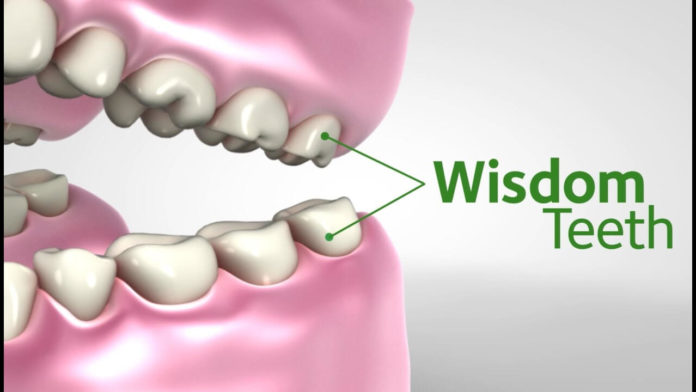
Dental care is a lifelong undertaking and it does not get easier with age. People should always be cognizant of their dental health and regularly receive professional dental care.
According to the Canadian Dental Association (CDA), no one is ever old enough to stop seeing their dentist and people are never too old to have healthy gums and teeth.
“If you lose a tooth, you can replace it with a “false” (or artificial) tooth. If you don’t replace it, your other teeth may get out of line. You need to care for complete dentures and partial dentures as carefully as you would look after natural teeth,” per the CDA blog.
Aging Canadians need to consider all their options for dental health and finding the best Ottawa dentist.
There are four main types of dentures, according to the CDA. A fixed bridge, otherwise known as a fixed partial denture, is when false teeth are held between healthy teeth on both sides. It is only removable by the dentist. A partial denture also known as a removable partial denture clasps onto nearby healthy teeth. A partial denture can be removed for cleaning and at night. Complete dentures replace all your natural teeth. Dental implants are used as support for false teeth or a fixed bridge. Patients must have healthy gums and jawbones to support them. A small metal post will be placed into the jawbone, will eventually bond with the bone around it and serve as an anchor to hold false teeth in place.
How to Care for Dentures
Dentures should be soaked overnight in a special cleaner, in warm water or in a mixture of warm water and vinegar. If your dentures have metal clasps, only use warm water for soaking. The process of soaking will loosen any tartar or plaque on them and make it easier to clean them with a toothbrush.
How to Care for Implants
Implants are connected to bone, which means they can be treated more like a natural tooth, but are not as strong as natural teeth. Brushing and flossing of implants should be done very carefully. Be gentle, but make sure you brush all sides of the implant and carefully floss once every day taking care to be particularly gentle where the implant meets the gum. Roll the floss into a small ball and throw it into the garbage after use.
Maintain regular visits with your dentist when you have false teeth because your mouth is always shifting. False teeth need to be adjusted periodically to make sure they are a good fit. Dental exams are important for people with bridges and implants as well, since they will help ensure natural teeth remain healthy.
A dentist may refer you to a specialist called a prosthodontist if you have problems with your false teeth.
It is important to note that people who have partial or complete dentures can still be susceptible to gum disease around the natural teeth that are remaining.
False teeth are painful to fit over gums that are sore or bleeding and partial dentures are difficult to hold firmly in place if natural teeth and gums are not strong.
“Be sure to see your dentist regularly for professional cleaning and dental exams, so that he or she can detect any early signs of gum disease, and provide appropriate treatment.” per the CDA.





